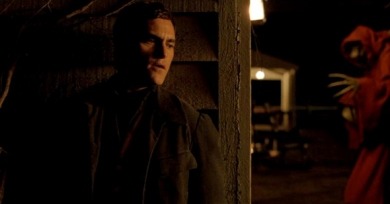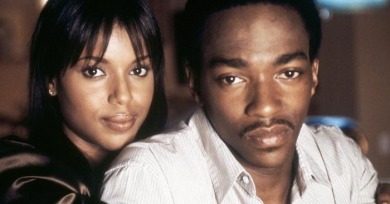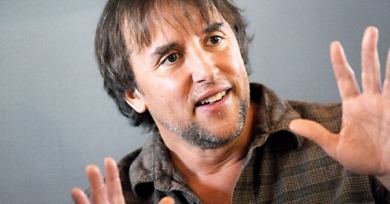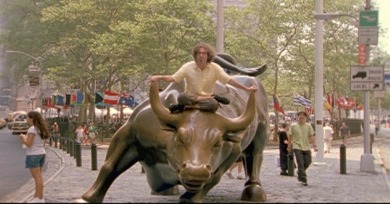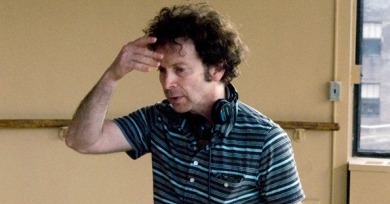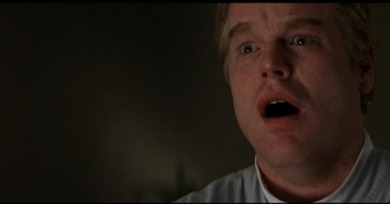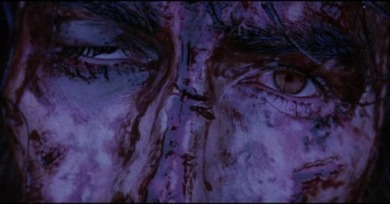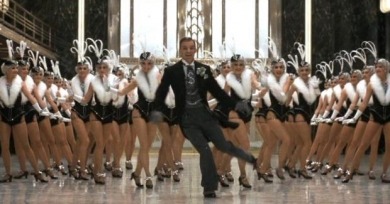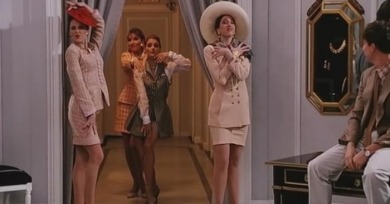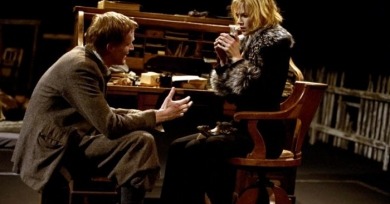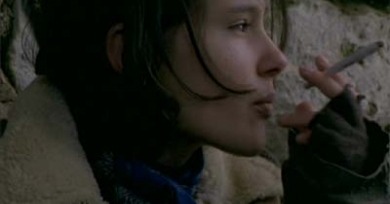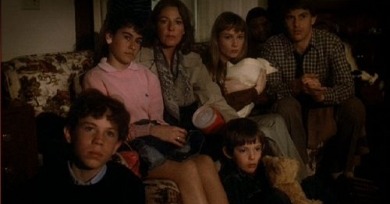Michael Koresky
Like the original colonial settlers, the villagers fall into the same traps they sought to escape: governmental control, religious hypocrisy, contemporary violence.
Tropical Malady, even more than the Thai director's wonderfully opaque and complexly mundane previous film Blissfully Yours, relies heavily on emotional signification rather than theoretical distancing.
Just as musical taste is as individualized and unaccountable as a predilection for shellfish or eggs-over-easy, Spike Lee’s films are as personalized as those of any American director working today.
"I never liked school that much, I never fit into any kind of academic program. I never liked official systems of any kind. Without even thinking about it, I just realized that wasn’t the place for me. I saw it as a long-term process, my filmmaking. I knew it would be a long time coming and I didn’t want to be humiliated right off the bat."
Speed Levitch perhaps best embodies the central contradiction in all of Linklater’s works: he is a seamless cross-pollination of the infantile and the philosophical.
Aging. The gradual accruing of wisdom. The terrifying specters of immaturity and stasis. It’s the shag-carpet grunge of Linklater’s 2001 release Tape that paves the way to the sun-dappled Paris afterglow of Before Sunset.
"I try to figure out what the structure of the film I’m writing about should be based on and keeping myself open to not knowing what that means. To play around, get excited, go in a certain direction, then shift things around—it‘s an evolving process."
What is it that the cinephile searches hopefully for on the screen if not some glimpse of perfection, the face of some god?
Alas, in the end, The Passion of the Christ was a movie. A mere movie. Mel Gibson’s brilliantly cynical marketing strategy, buoyed by the ADL’s advance work, lured even us non-believers (sinners) into the theater.
One of pop art’s great emblematic figures of human spirituality stands only three inches high, sucks his thumb like a lollipop, and perpetually carries a blue blanket wherever he goes, clutching it close to him for security from a hostile world.
Is it parody, pastiche, or homage? Can there ever be another Fred Astaire or Gene Kelly? Most interestingly, is it possible any longer to make a musical without the text making reference to itself as such?
Everyone Says I Love You (1996), was something slightly baffling, a head-on plunge into a recently “lost” form that acknowledged its own limitations and wore its goofiness on its sleeve. Affectionate tribute or flat-out parody?
Von Trier’s elegantly angry Dogville, despite its predilection for audience-goosing, is an exhilarating pilgrimage into Darkest Human Nature, as emotionally exacting as we’ve come to expect from the director, and as insinuating as well.
New media has relentlessly dug its cyber-claws into the heart of cinema for over 20 years now, constantly raising the bar in an industry of simulacra manipulation that seems to be entirely without limits.
As the thumping opening guitar riff of the song we have just heard begins again, Assayas makes us the witnesses, or better yet, casual spectators, of this “lost” generation, so maniacally searching for themselves, fumbling, starting over again, and, of course, dancing.
Project for a New American Criticism, Or: How We Learned to Stop Worrying and Hate the War
Just as people want to deny that the events depicted could ever conceivably happen, viewers try to forget that they’ve ever seen it, resulting in an out-of-print relic collecting dust on video store shelves across the country.
